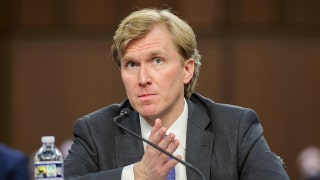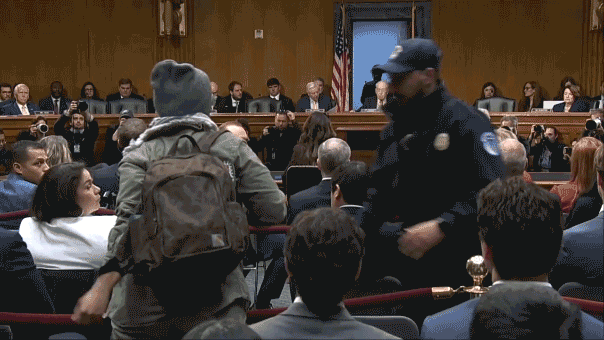Repeal or make Obama a one-termer
House Majority Whip Kevin McCarthy reflects on GOP strategy following Supreme Court's ruiling on ObamaCare and the effects of the law so far on small businesses
First it was a penalty. Then it was a tax. Now it's a penalty again.
The war of words over what to call the fine attached to the federal health care overhaul's most controversial provision continued Friday, as the White House took issue with the Supreme Court's argument -- even though that argument alone spared President Obama's law.
The five-justice majority argued that, while the fine imposed by the law for not buying health insurance would otherwise be unconstitutional, the fine is actually legal under Congress' authority to tax.
Ergo, the fine is officially a "tax" in the eyes of the court. The law stands.
But in a case of biting the hand that feeds, White House Press Secretary Jay Carney said Friday the fine is still just a "penalty."
Calling it a "tax" causes obvious political problems for the White House. Obama fought that label vigorously when selling the bill in 2009.
Carney went on to say Friday that the "penalty" will affect only about 1 percent of Americans, those who refuse to get health insurance. He said the penalty was modeled after the one put in place in Massachusetts when Mitt Romney was governor.
"It's a penalty, because you have a choice. You don't have a choice to pay your taxes, right?" Carney said.
Carney was initially reluctant to assign a label to the fine when pressed repeatedly by reporters Friday. "Call it what you want," he said.
But describing the fine as a "penalty" helps fight Republican claims that the court ruling confirms the Obama administration raised taxes with its health care law.
Republicans threatened to use that argument against the president and Democrats in the 2012 election.
Sen. Marco Rubio, R-Fla., told Fox News the ruling means the law becomes a "middle-class tax increase." He said the IRS will "come after" people who don't pay.
Meanwhile, the Obama administration pressed ahead Friday with implementing the law. The Department of Health and Human Services was announcing a new program to help states set up so-called health insurance exchanges, which were established under the law.
While Romney vows to repeal the law if elected, Obama has vowed to press forward with implementation.
"Whatever the politics, today's decision was a victory for people all over this country," Obama said, speaking Thursday on national TV from the White House.
"It should be pretty clear by now that I didn't do this because it was good politics," he said. "I did it because it was good for the country."
Romney pinned the court's decision to the election and asked voters to render their own ruling.
"If we want to get rid of ObamaCare," he said, "we're going to have replace President Obama."
Democrats, many of whom were bracing for the court striking down the mandate for individuals to buy health insurance, celebrated the decision Thursday. Rep. Charlie Rangel, D-N.Y., told Fox News that the ruling "gives us the opportunity to re-sell the bill, which we did not do before."
But Republicans vowed to re-double their campaign to repeal the still-controversial law.
The ruling "underscores the urgency of repealing this harmful law in its entirety," House Speaker John Boehner said in a written statement. "Republicans stand ready to work with a president who will listen to the people and will not repeat the mistakes that gave our country ObamaCare."
Chief Justice John Roberts, who was appointed during a Republican administration, joined the four left-leaning justices on the bench in crafting the majority decision.
Roberts stressed that the decision does not speak to the merits of the law. "We do not consider whether the act embodies sound policies. That judgment is entrusted to the nation's elected leaders," he said.
The ruling did rein in one element of the law -- the expansion of Medicaid across the country to take in millions of low-income Americans. The opinion allows Washington to offer more funding to states to expand the program, but says the federal government cannot penalize states for not participating in the new program by withholding existing Medicaid funds.
The Associated Press contributed to this report.













































